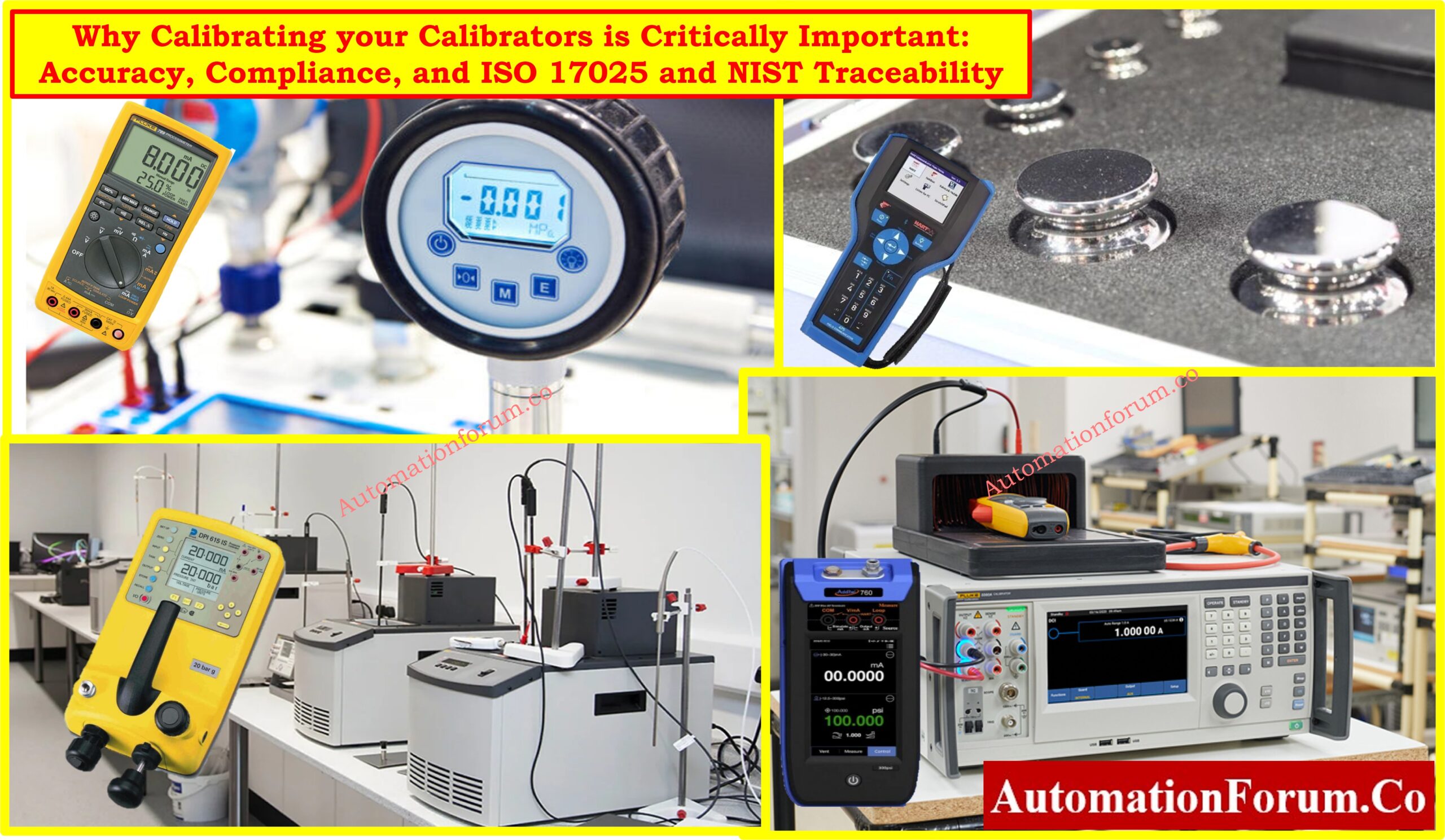Capacitance is one of the most common forms of humidity measurement. Humidity sensors are typically used in building controls. The most effective location for a wall mounted sensor is near the return air duct, where the air leaving the room has the best averaged humidity.
Principle:
Capacitive Humidity instrument uses the principle of capacitance equation

C – capacitance
E – Permittivity of dielectric material between plates.
A – overlapping area of plates
d – Distance between plates
Operation:
Humidity measurement is performed by exposing the dielectric to the moisture in the air. The moisture changes the relative capacitance between the two electrodes, which can be measured.

The dielectric material is the single most important factor affecting the performance of capacitive humidity sensors. Other factors are the processing conditions, the sensor structure and the properties of the water permeable electrode or electrodes.

Electrodes:
The top electrode are made water permeable. The water permeable top electrode was originally thin gold film, but advances in technology have seen a cracked chromium film now used. Porous metal films is another emerging technology that only allows water to permeate the film, excluding alcohols. This feature improves the stability of the
sensor particularly in applications involving vapours, other than water vapour. This technology also enables an ultra-fast response.
A conductive aluminium base material is typically used as the bottom electrode.
Dielectric:
Aluminium oxide is commonly used as the dielectric medium. Doping of the aluminium oxide may be done with lithium chloride to give a greater operating range, typically down to -70 oC. The use of lithium chloride also requires that the device be individually calibrated, and slows the response.
Advantages:
- Wide range of sensing
- Small size
Disadvantages:
- Non linear
- Require periodic calibration
- Not highly accurate





